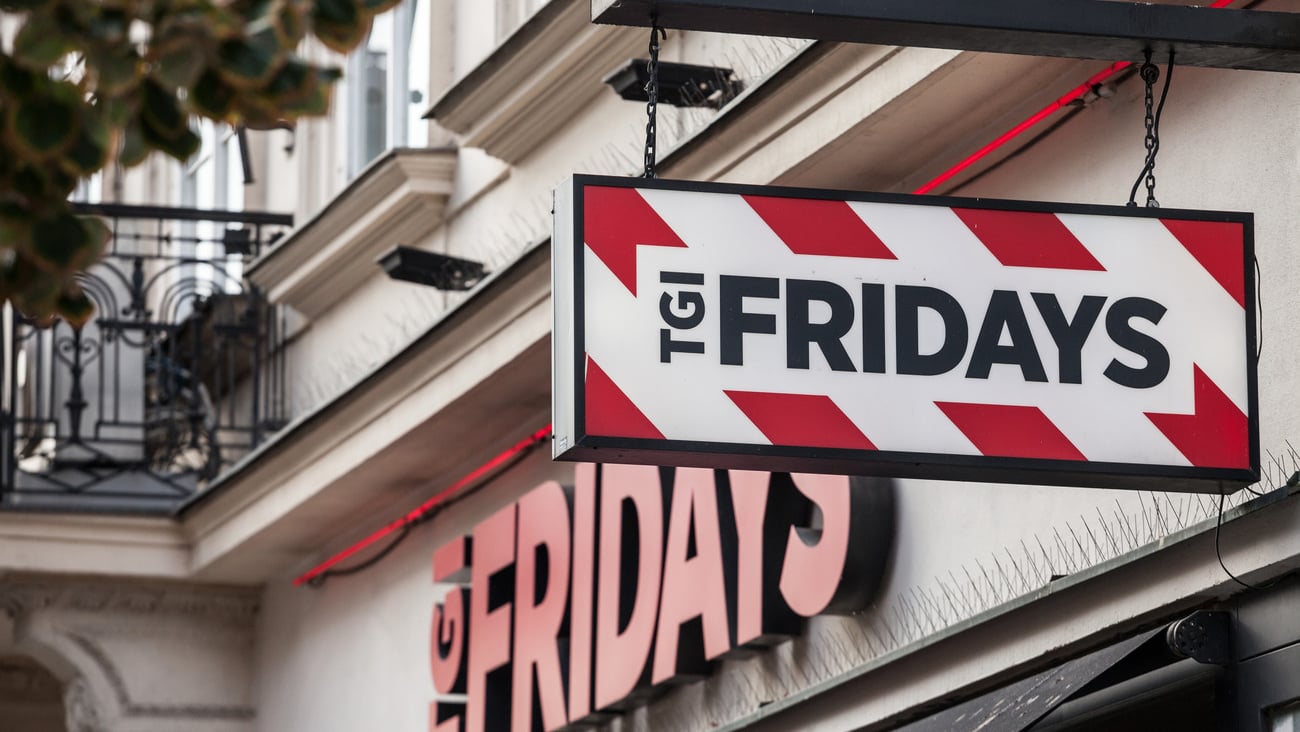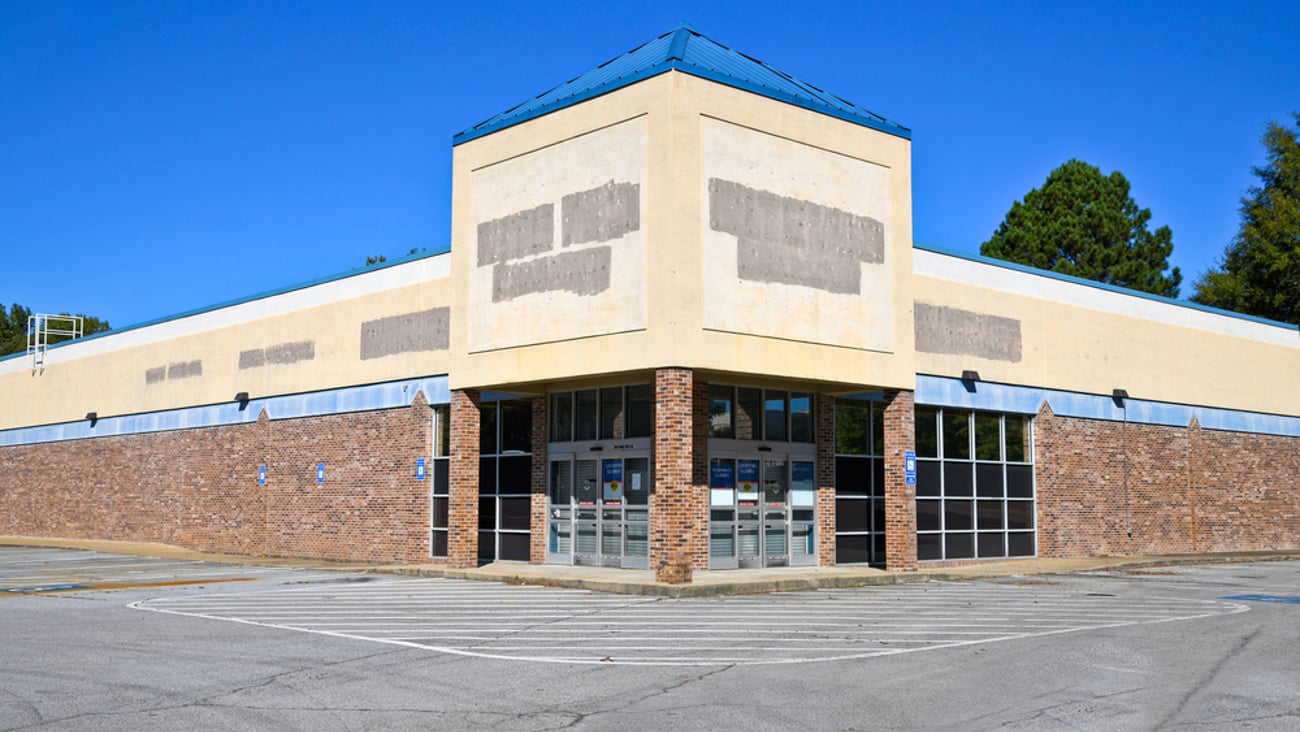Commentary: Retailers and COVID-19 Liabilities
It’s a confusing time for brick-and-mortar retailers as they navigate when and how to go about their daily operations under the looming specter of coronavirus. Most are struggling to maintain safety precautions, including enforcing store mask guidelines (and, in some cases, mandates) when some customers refuse to wear masks. But among the multitude of challenges retailers face as they reopen for business, the largest may be avoiding liability as a result of employees or customers becoming infected with COVID or other COVID-related issues.
Retailers face the daunting task of staying on top of the state and local government rules regarding operating during the pandemic. The rules are evolving constantly (and often conflicting), making it hard to understand what needs to be done for compliance. Some businesses may be in violation of local coronavirus regulations and not realize it, while others shirk recommendations while hoping to escape enforcement. For instance, public health officials in Los Angeles found that 83% of restaurants and bars were not in compliance in late June. Even if businesses comply with regulations, it won’t necessarily protect them from liability.
These are such extraordinary times and, as a result, there is no established legal precedent or clear standards for employee and customer safety during a pandemic — the norms and rules are playing out in real time. So far we haven’t seen too many lawsuits filed against retailers overexposure leading to infection. But there have been lawsuits over COVID-19 exposure filed outside of retail — by workers in meat processing and federal employees in 13 agencies, including DHS, ICE and the military.
Many states have passed laws to provide some level of liability protection for essential businesses, as in Utah and North Carolina. The general trend is to protect these businesses from basic negligence lawsuits while still holding them generally responsible for willful misconduct, gross negligence or other intentional acts.
Being able to qualify as an essential business appears to be one of the strongest defenses a business has during this challenging time. Other ways a business might protect itself against lawsuits are by demonstrating compliance with state, local and federal guidelines and recommendations; showing that they had no knowledge of infections in the workplace; or proving that the plaintiff customer or employee failed to follow recommendations to protect against exposure.
It’s incredibly difficult to prove that exposure occurred as a result of working at most jobs or during a shopping trip to a store. Front-line workers, such as medical personnel, delivery people and grocery store clerks, and employees in workplaces that have had a high percentage of infections will have a stronger case.
To strengthen their exposure case, customers would have to show that they came into contact with an infected employee at a business or that there was a high degree of certainty of infection traced back to the store, that the retailer was negligent and didn’t take proper precautionary measures, that the business knew that an employee there was infected or had recently been exposed, and possibly that other people became ill after similar circumstances at the store.
Some retailers may consider methods to proactively mitigate liability, but those won’t reliably hold up in court. For instance, it’s not clear that requiring employees to sign liability waivers would be enforceable. Businesses can demonstrate that they took all reasonable precautions in accordance with state, local and federal guidelines to avoid a negligence claim, but without clear standards it will be tough to predict where the line against liability will fall.
Retailers not only have to worry about lawsuits over exposure to COVID-19, but also data privacy issues if they adopt technologies to help detect infections and prevent their spread.
Businesses are starting to adopt contract tracing apps, infrared thermometers, thermal cameras and other technologies that collect sensitive health and location data of employees. They are also asking employees for health, travel and other private information that is typically beyond the scope of what is allowable by employers.
Those measures open up a Pandora’s box of concerns because health data is a protected class of data under the Health Insurance Portability and Accountability Act (HIPAA) and is also limited under the Americans with Disabilities Act. These regulations are designed to prevent a person’s health status from being used against them to discriminate in employment situations.
Three federal privacy bills, including the bipartisan Exposure Notification Privacy Act, have been introduced in Congress to protect employee data collected as part of COVID-19 reduction strategies. Retailers need to ensure that the data they collect for these purposes is properly safeguarded and not misused or used for purposes other than detecting infections and preventing their spread in the workplace.
So, what can retailers do to avoid liability during the pandemic? First off, they should understand federal, as well as state and local government, rules and recommendations for business operations and worker and customer safety during COVID-19. If there are contradictory guidelines, for the highest level of protection, businesses should elect to follow the strictest rules.
At a minimum, most businesses should enact documented policies regarding face masks, social distancing and limiting the number of customers and employees in the store at a time. They should consult with legal experts to develop a plan for if and when an employee or customer reports an infection. They should have a clear operational response and notification procedure in this even, and understand what information is proper to disclose and to whom.
In the absence of clear guidance, retailers should at the very least be taking the minimal steps to side-step negligence such as establishing a documented disinfection schedule and routine and providing customers with hygienic aids such as hand sanitizers and wipes.
Since March there have been more than 4,800 legal complaints filed in the U.S. related to labor and employment issues pertaining to COVID-19, according to a coronavirus litigation tracker managed by the law firm of Hunton Andrews Kurth.
While historically it has been rare for employers to be found liable for deaths of employees at work because the bar for proving fault is so high, if businesses ignore suggested state and federal guidelines we might see a shift. Meanwhile, the National Retail Federation and the Retailer Industry Leaders Association are backing a provision in the latest coronavirus stimulus package that would make it harder for employees to sue if they get sick at work and cap punitive damages among other things.
Debate on the provision, proposed by Republicans and opposed by Democrats, is holding the bill up. Ultimately, whether the courts side more with protecting businesses or employees and customers remains to be seen and could depend on individual state laws and political climates, much like how in some states the law favors landlords over tenants and vice versa.
Angela Kovach is a lawyer at legal tech company Everlaw.






